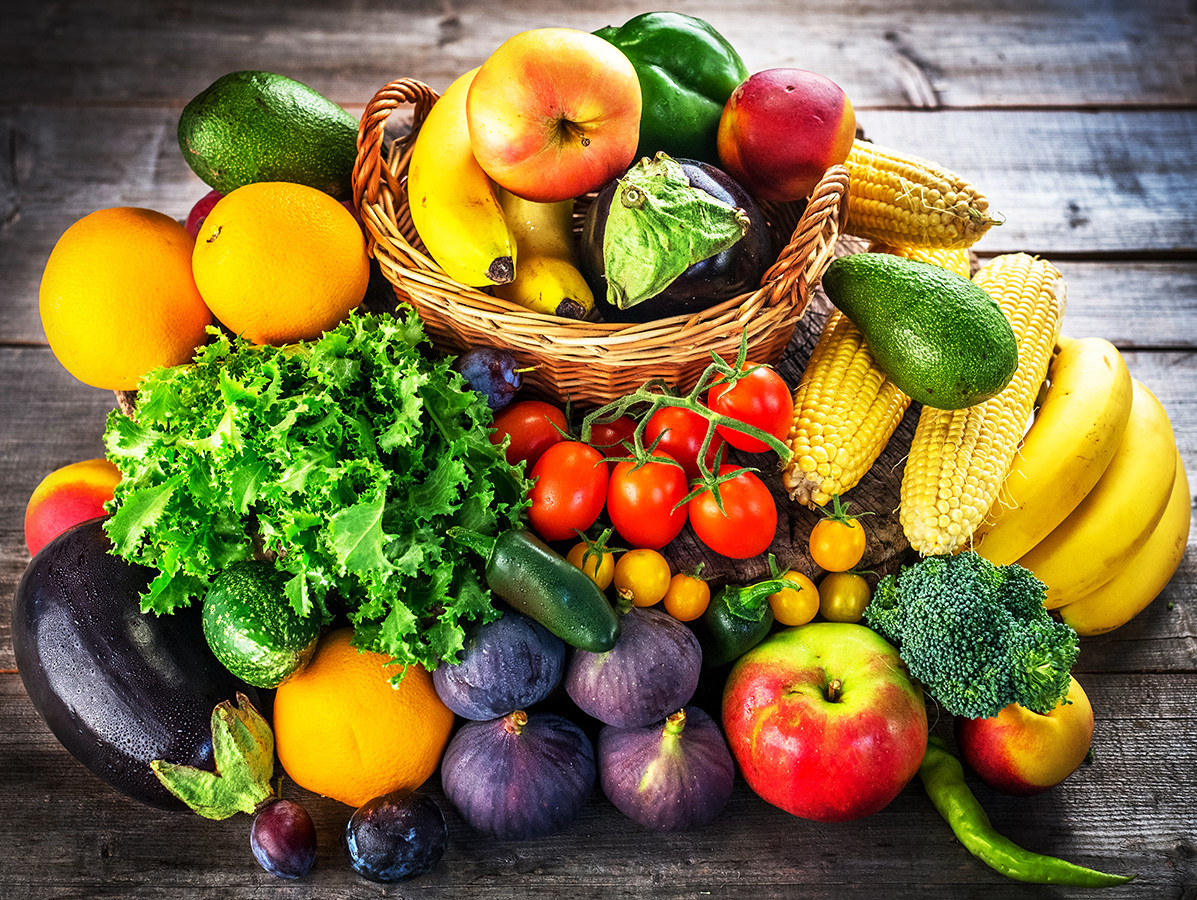
A team of researchers from the Technical University of East-Westphalia-Lippe has investigated whether and to what extent noroviruses on fruit and vegetables can be rendered harmless by cold atomization of hydrogen peroxide. The team was led by Professor Barbara Becker.
Noroviruses survive temperatures ranging from -150°C to 200°C. In addition, they can survive for more than a week outside their host (i.e. on fruit and vegetables). It is estimated that between 20% and 40% of all norovirus infections are caused by eating contaminated food, especially unprocessed or frozen fruit and vegetables.
In order to find out whether noroviruses on fruit and vegetables could effectively be deactivated by cold atomization of hydrogen peroxide, two different atomization systems were used to treat apples, blueberries, cucumbers, strawberries and raspberries that had previously been infected with the murine norovirus (MNV) as a model virus.
The team was able to demonstrate that the cold atomization of hydrogen peroxide is well suited to effectively deactivate noroviruses on smooth peeled fruit and vegetables. No changes in nutritional value or taste were observed as a result of the treatment. No residues of hydrogen peroxide were found on the treated products.
Barbara Becker's team was able to demonstrate for the first time a high degree of efficacy of cold atomization of hydrogen peroxide. Many fruit and vegetable growers, processors and caterers will therefore be able to benefit from this innovative process.
Source: © Technische Universiteit Oost-Westfalen-Lippe